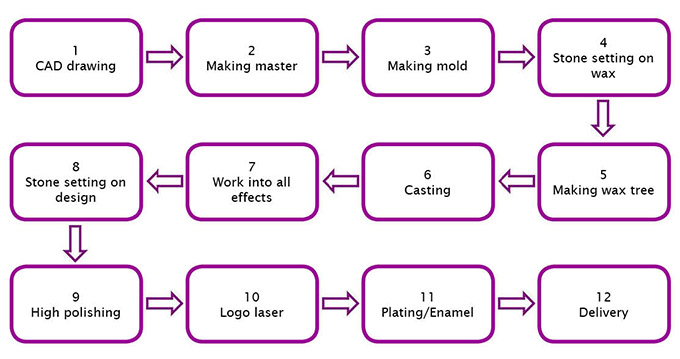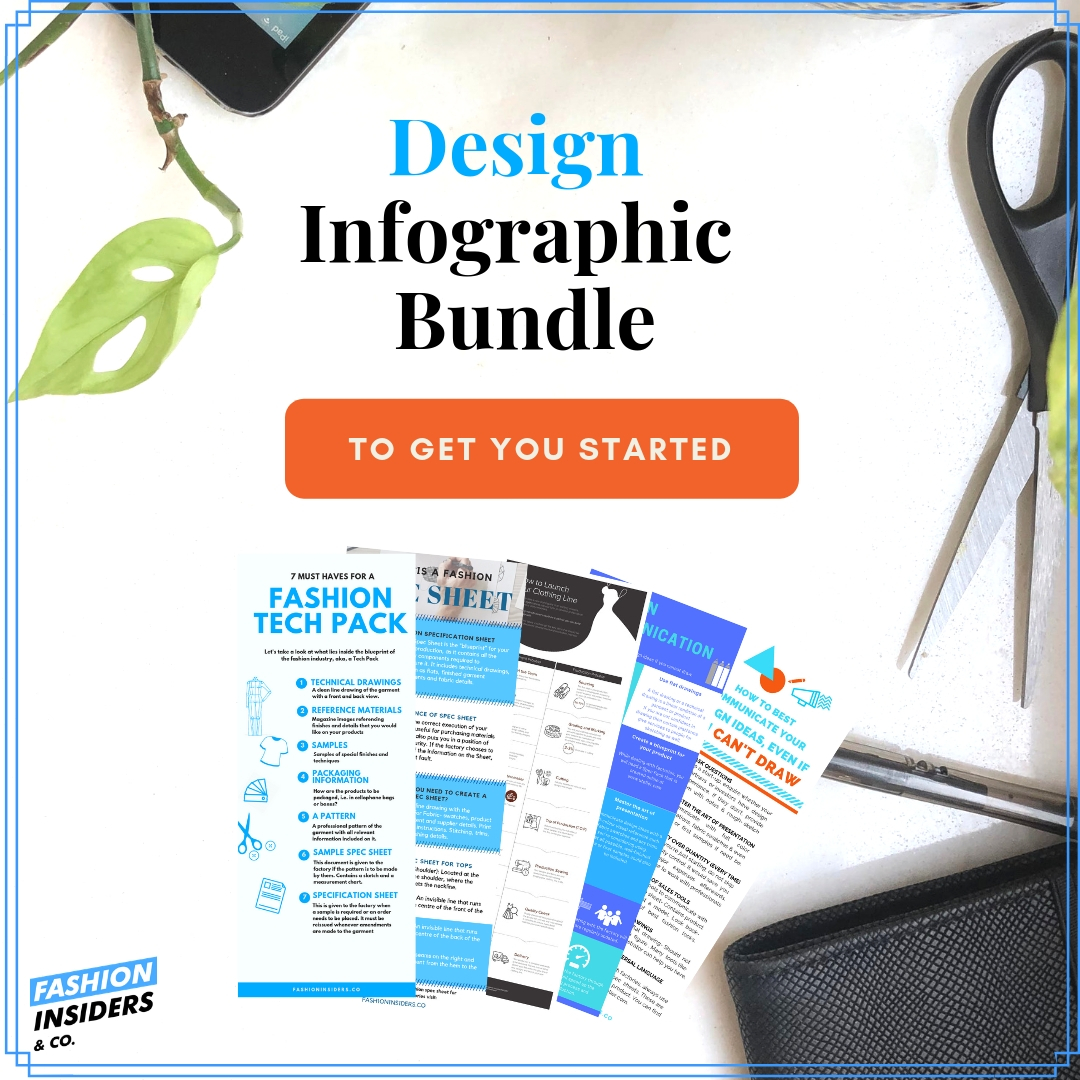Born in China, and currently living in Guangzhou City, Yang is the epitome of the new generation of Chinese independent women. She is well educated, she has travelled and worked abroad and upon her return home, she set up her own business in jewellery manufacturing; Yang Atelier. Here’s a quick chat with her about how is it like working with young and independent designers, her struggles and tips for fashion entrepreneurs.

Having trained in her aunt’s jewellery business in Antwerp, Belgium for seven years – Yang has learnt all aspects of running a jewellery manufacturing business. She has started small and focuses on working with smaller designer brands, offering low production minimum quantities – something of a rarity for Chinese manufacturing.
We caught up with Yang and managed to snatch a few minutes from her busy schedule and get to know her better.
You spent some time in Belgium working with your aunt. What did you learn about jewellery manufacturing?
My responsibilities were varied but mostly focused on quality control of the whole manufacturing process, from CAD drawing until plating, as well as export, and communicating with customers.
Did you have any fashion background prior to starting your business?
Yes, I have been involved in fashion since 2002. It all started for me in Antwerp Belgium, where my first teacher was my aunt who owned a diamond factory and wholesale business in Antwerp Diamond Centre since 1940’s. In 2004, I was also involved with a fashion designers group of Antwerp, formed of the Antwerp Royal Academy of Fine Arts graduates.
One of the most common traits of a young designer is, by the time they contact me, their inspiration has had progressed to an idea.
What do you like about jewellery making?
I like everything about it, especially the casting and stone setting process.
If you didn’t work in jewellery – what else will you be doing?
Aside from jewellery manufacturing, I like maritime and logistics management.
What are the biggest challenges that you see with young designers who contact you?
I spend a lot of time in talking and supporting my clients, especially independent designers. One of the most common traits or problems, to be honest, is that by the time they contact me, their inspiration has had progressed to an idea. Till then, they have given little thought about any cost, the difficulty and process of production etc, and I often am in the position of asking them questions and helping them make sense of their idea and make it viable for the market.
Do you think you spend a lot of time trying to teach them how to explain and work better so that you can also do a better job?
I believe that working with other people is a two-way process. We learn from each other.

How easy or difficult was it to start Yang Atelier? What were your biggest challenges in the beginning?
As the saying goes, everything is hard at first. How to share and have an agreement with corporate values were our early days’ challenges. How to provide consistent excellent quality and respect each designer, was something I struggled with at first
What’s the craziest product you have ever had a request for?
I don’t think crazy product ideas exist because each designer has their own unique inspiration. Also, our company philosophy is to appreciate the artistic designs we work with.
Know yourself firstly and guide yourself correctly.
If you can change one thing about the jewellery industry – what would that be?
To help all jewellery lovers become designers, rather than only focus on existing brands and designers.
Who is Yang Atelier’s typical customer?
At the moment, I mostly work with designers and different small to medium brands.
What makes a great customer?
Quality, professional attitude and trust.
What does success mean to you?
Success to me is to see customers who appreciate the hard work we put in and who value what we do.
If you can give one lesson to fashion entrepreneurs – what would that be?
I would give them this advise: “Know yourself firstly and guide yourself correctly”.
What I mean by this is that in jewellery manufacturing, there are two directions designers can take: the commercial route or the artistic one. The earlier they know and decide on what they want to do and be, the less time, money and mistakes they will make and ultimately the more successful they will be. Mistakes are always expensive, but earlier on, at the start of a career, they may even cost the future business.
There is a right factory for every designer but, it is so difficult to know if the said factory will work as passionately for you as you do, whether they will understand your needs if they are trustworthy if they have the right specialists with them or not. These 9 tips to help you find the right fashion manufacturer, should possibly ease the process.



